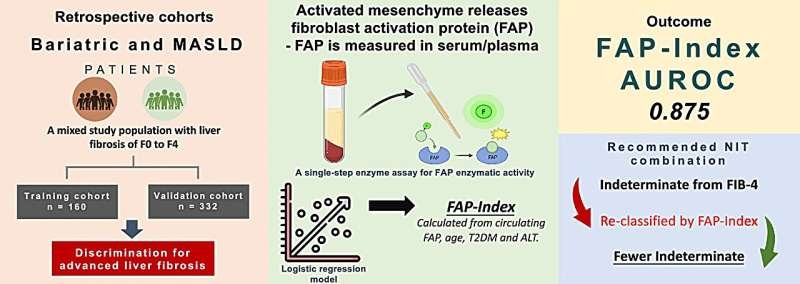Two Inflammatory Proteins Linked with Slower Cognitive Decline
By LabMedica International staff writers
Posted on 08 Jul 2021
Previous meta-analyses of case-control and prospective cohort studies showed that cytokines and inflammatory markers, such as interleukin-6 (IL-6), C-reactive protein (CRP), and others are elevated in Alzheimer's dementia cases and predicted incident of all-cause dementia. Posted on 08 Jul 2021
While it seems counterintuitive that people with high levels of inflammation-inducing proteins are protected against cognitive decline, it may be that their immune systems are better primed to fight infection. However, whether cytokine levels are predictive of cognitive decline in cognitively unimpaired (CU) elderly, especially in the setting of elevated amyloid beta (Aβ), remains unclear.

Image: Elevated levels of two inflammatory proteins, IL-12p70 and IFN-γ, were associated with slower cognitive decline in older adults (Photo courtesy of Scientific Animations Inc)
A team of Medical Scientists at the Harvard Medical School (Boston, MA, USA) and their colleagues measured nine cytokines in the baseline plasma of 298 longitudinally followed CU elderly and assessed whether these measures were associated with cognitive decline, alone or synergistically with Aβ. They next examined associations between cytokine levels and neuroimaging biomarkers of Aβ/tau/neurodegeneration. The mean baseline age was 72; 62% were female and 81% were white and participants were followed an average of 4.3 years.
The investigators reported that neither IL-12p70 nor IFN-γ was associated with age, sex, or APOE4 carrier status. Immunosuppressant medication use did not affect baseline IL-12p70 or IFN-γ levels. Concentrations of IL-12p70 and IFN-γ from the same individual remained stable on repeat measures up to several years apart. Higher IL-12p70 was associated with slower cognitive decline in the setting of higher amyloid-beta. Higher IFN-γ was associated with slower cognitive decline independent of amyloid burden. Higher IL-12p70 was associated with less neocortical tau on PET and hippocampal neurodegeneration in people with a higher amyloid-beta burden. IFN-γ was not correlated with tau or neurodegeneration.
Rudolph E. Tanzi, PhD, a Professor of Neurology and senior author of the study, said, “Greater IL-12/IFN-γ axis activation may be protective against cognitive decline and early-stage Alzheimer's disease progression. Moreover, the effect sizes of IL-12 and IFN-γ in predicting cognitive decline were statistically significant, but small. "These cytokines should be considered ancillary biomarkers rather than stand-alone prognostic indicators.” The study was published on June 23, 2021 in the journal Alzheimer's & Dementia.
Related Links:
Harvard Medical School














